Joining the global cloud of witnesses spread across histories, who have been inspired by the life, witness and theology of a Peruvian priest Fr. Gustavo Gutierrez, here I stand to offer my rich tributes to Fr. Gutierrez as he is laid into eternal rest. The theological world has lost a champion of the poor and an icon of liberation in the loss of Fr. Gutierrez.
I was first introduced to Fr. Gutierrez as a liberation theologian at the Student Christian Movement of India (SCMI) gatherings in my early formative years of my Dalit consciousness. But it was later at the Gurukul Lutheran Theological College, I was exposed to the writings of Fr. Gutierrez, particularly his work on liberation theology. In my initial engagements with theology, I reckoned how Dalit theology emerged as a critique against the Latin American liberation theology, for it only had a Marxist class analysis. Therefore in doing theology in the Indian context, the methodological tools of liberation theology were insufficient, and Dalit theology emerged with a focus on caste analysis and power analysis, by locating the divine among the margins of Dalit wadas and petas.
Dalit theology is thankful to the liberation theology from Latin America for it opened up new avenues of doing theology in the Indian casteist context. Dalit theology will always be grateful to Fr. Gutierrez for revolutionising theology by shifting its focus from issues of transcendence to the concerns of the context, by advocating the church to strive for a just world with ‘a preferential option to the poor.’ ‘Dandam’ in my Telugu Dalit world means to ‘bow, salute, pay respect as a token of gratitude’ and ‘Dandalayya’ is offering ‘Dandam’ with respect to an elder person. Sami means ‘father’ and that’s how a Catholic priest is called in our Telugu Dalit Christian context. So through this tribute I take a bow to Fr. Gutierrez’s theology and pay my respects in awe and gratitude, for he has personally inspired my with his writings.
As a student of public theology, when I read Fr. Gutierrez’s Liberation Theology, I recognised Fr. Gutierrez’s anger against the church for losing in touch with the realities of the people around, and for keeping theology in a private domain of the church hierarchies. For me what Fr. Gutierrez did was he challenged and critiqued the privatisation of theology which was busy arguing either on the dogma or on the transcendental divine, with no reference and reflection of the context, specially the poor. Fr. Gutierrez made theology go public by making people, particularly the poor people the locus of doing theology and paved way for their liberation. Fr. Gutierrez is a public liberation theologian, and we celebrate his rich public theological legacy for turning theology public, the liberation way.
With the theological consciousness recognising the need to address the issues of the poor vis-à-vis Church dogmas, and with the emergence of Liberation Theology in the Latin American context, public theology has made itself felt through the very understanding of liberation of the poor and the oppressed, as the pastoral and spiritual response in and with the public. Such a public liberation theology of Fr. Gutierrez has created ripples in the theological world, challenging, inspiring and empowering theology across the planet to engage in public liberation theology.
Eneida Jacobsen, in exploring a public theology for Brazil, explains public theology as follows. She says,
“The way public theology is conceived in South Africa approximates the Latin American conception of theology, concerned with the liberation of oppressed peoples. While the incipience of the reflection on public theology in Brazil does not let a determinant perspective be identified, one would expect that this Latin American tradition of liberation presents itself as a determinative, generating a kind of ‘public theology of liberation.’….If theology is not incarnate in the pains, faith and hopes of all people, in each context, then it will be an empty and irrelevant discourse. A public theology ‘anchored in the lifeworld’, would be the appropriate form for any theology that, mobilized by the suffering of people, seeks to contribute to the expansion of the communicative efforts of the society.”[i]
Liberation theology of Fr. Gutierrez as public theology for Latin American context continued to be the driving force in translating faith into praxis in this context, and has been the theological discourse in the public and political spheres. Fr. Gutierrez’s public liberation theology was anchored in the lifeworld of poverty and injustice, and he became an advocate for justice by incarnating faith into the realities of the world.
Liberation public theologies have emerged out of their peculiar and particular historical socio-economic-political contexts, with liberational theological roots and manifestations. Liberation of all people have been the pertinent theme of these theologies. Fr. Gustavo Gutierrez’s theology represents this genre of liberational public theology, for he was vociferous in calling on the liberation of the poor and the marginalized as the public expression of theology, church and Christian faith.
Public Theology as Liberation Theology in the Context of Historical Irruption of the Poor
Fr. Gustavo Gutierrez’s liberation theology was born out of the local Latin American context of poor and poverty, the ‘sign of the times’, which he carefully analysed, understood and theologically reflected. In the context of capitalism and development, it was the poor who were exploited and marginalized. Therefore a theology of liberation from class system and capitalism as an expression of public discourse emerged out of the local Peruvian context. Fr. Gutierrez makes an audit of the Church and Vatican II, and Medellin conference was crucial as it read Vatican II for the context of Latin America, and that the church dealt centrally with the issue of poverty and its causes.
Fr. Gutierrez starts his theology by making an analysis of pastoral theology, and proposes prophetic pastoral model which works for those outside of the Church, for salvation and grace as he believed were available to all. He says, “The Church’s mission is defined practically and theoretically, pastorally and theologically in relation to this revolutionary process (the process of revolution, amid the violence which is present in different ways) that is, its mission is defined more by the political context than by intra-ecclesiastical problems.”[ii]The public mission of the Church in Latin American context is defined by the political context of poverty and not by any dogmatic problems, is a welcoming understanding of liberation theology as public theology. Theology for him is a ‘second-act’, whereas praxis is the core of liberation theology.
For Fr. Gutierrez, the biblical and theological notions of liberation are political and serve the public categories of the impoverished communities. He says, “Exodus experience is paradigmatic….The God of Exodus is the God of history and of political liberation more than he is the God of nature….The liberation (of then Biblical )Israel is a political action. It is the breaking away from a situation of despoliation and misery and the beginning of the construction of a just and fraternal society. It is the suppression of disorder and the creation of new order.”[iii] He contends to the fact that biblical paradigms happen in a site of political activity relevant for the public space, and therefore spirituality and re-reading of scriptures from the perspective of poor served for him as public acts with a public relevance.
His crucial move is the adoption of the new perspective in reinterpreting the dogmas and themes of Christian faith from a new stand point and view point, the dispossessed. He further elaborates liberation requires the active participation of the oppressed themselves, and Church should pave way for that. Liberation from sin that is redemption is the only way to uproot the cause of evil and injustice in the world, which are the public spaces.
When speaking about creation, he says, “Other religions think in terms of cosmos or nature; Christianity, rooted in Biblical sources, thinks it in terms of history. And in this history, injustice and oppression, divisions and confrontation exist. But the hope of liberation is also present.”[iv]He therefore articulates history as the public in which critical faith reflections of liberation should happen and be achieved.
Fr. Gutierrez also affirms that the poor are not only the subjects of transformation, but also subjects of evangelisation. The poor themselves are called to be evangelisers as they are the historical subject bearer of the Kingdom. For Fr. Gutierrez three basic tenets of liberation theology that shine even more as time goes by are: “The point of view of the poor, the theological task, and the proclamation of the kingdom of life.”[v] His central claim is that the preferential option for the poor is absolutely theo-centric, which is a biblical and contextual necessity of his historical times.
Such a bold and creative theological thinking has inspired many people across the planet and has invited people to strive for a just world filled with peace, love and liberation for all. The true legacy that we can continue to carry from Fr. Gutierrez is to be living ambassadors for cause of justice and liberation in our particular contexts, with a preferential option to those on the margins.
Public theology that is relevant for our global society today, cannot in any way forget concerns of the subaltern communities, communities on the margins including the issues of the ecology, for the earth has been affected by the greed of the human beings. Through Fr. Gutierrez’s theology what we infer is that any theology that doesn’t go public and that does not address the concerns of subalterns cannot be an authentic theological expression relevant for our 21st century. A relevant public liberation theology gives an epistemological privilege to those on the margins, and takes them as main contributors in striving for the transformation of the society. Long live the theological legacy of Fr. Gutierrez. Dandalayya Sami Gutierrez.
Rev. Dr Raj Bharat Patta/ 25th October 2024
[i]Eneida Jacobsen, ‘Models of Public Theology’, International Journal of Public Theology, 6:1 (2012), 7-22 at 22
[ii]Gustavo Gutierrez, A Theology of Liberation, Sister Caridad Inda and John Eagleson, trans. (London: SCM Press, 1974) P. 138
[iii]Ibid., P155-159
[iv]Ibid., P174
[v]Gaspar Martinez, Confronting the Mystery of God: Political, Liberation, and Public Theologies, P.151
Become a member
Get the latest news right in your inbox. We never spam!

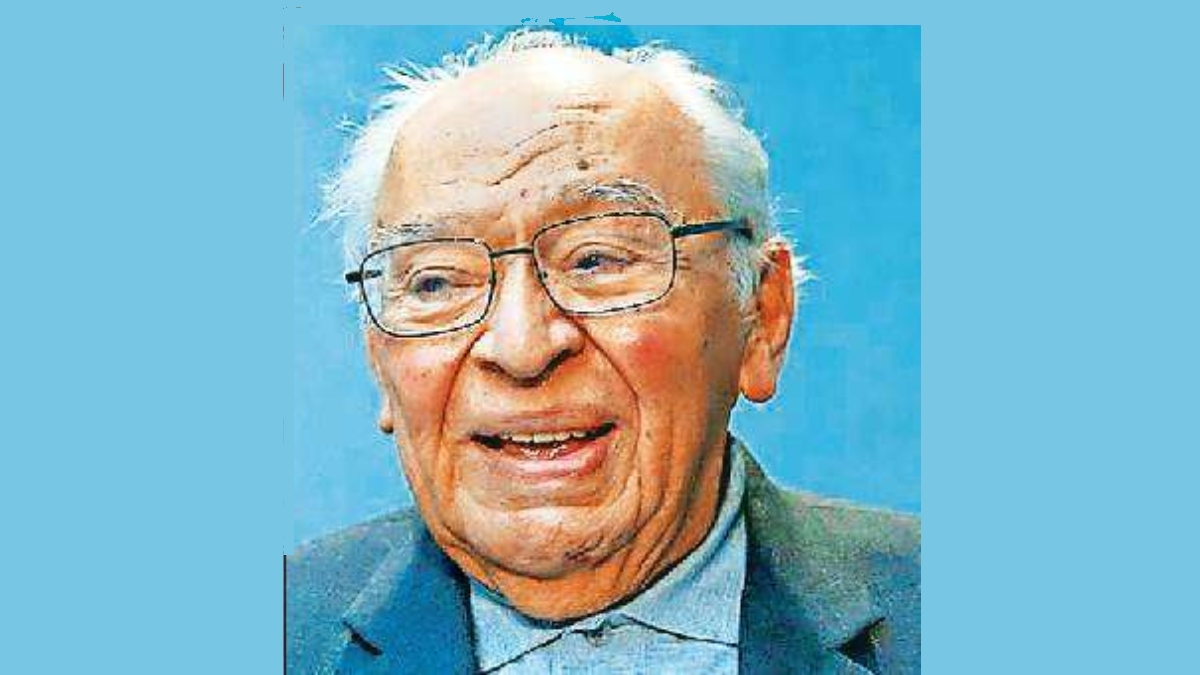
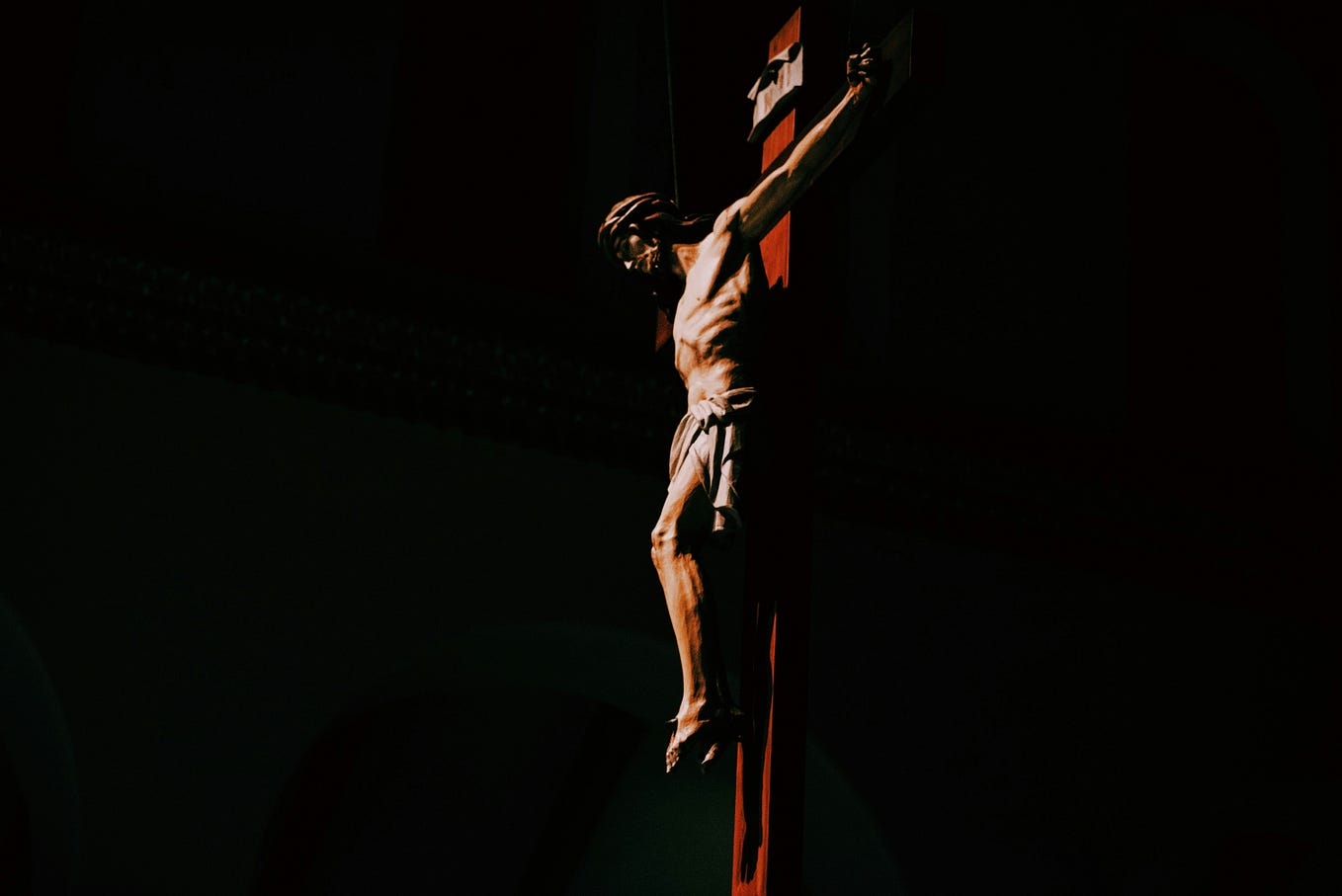
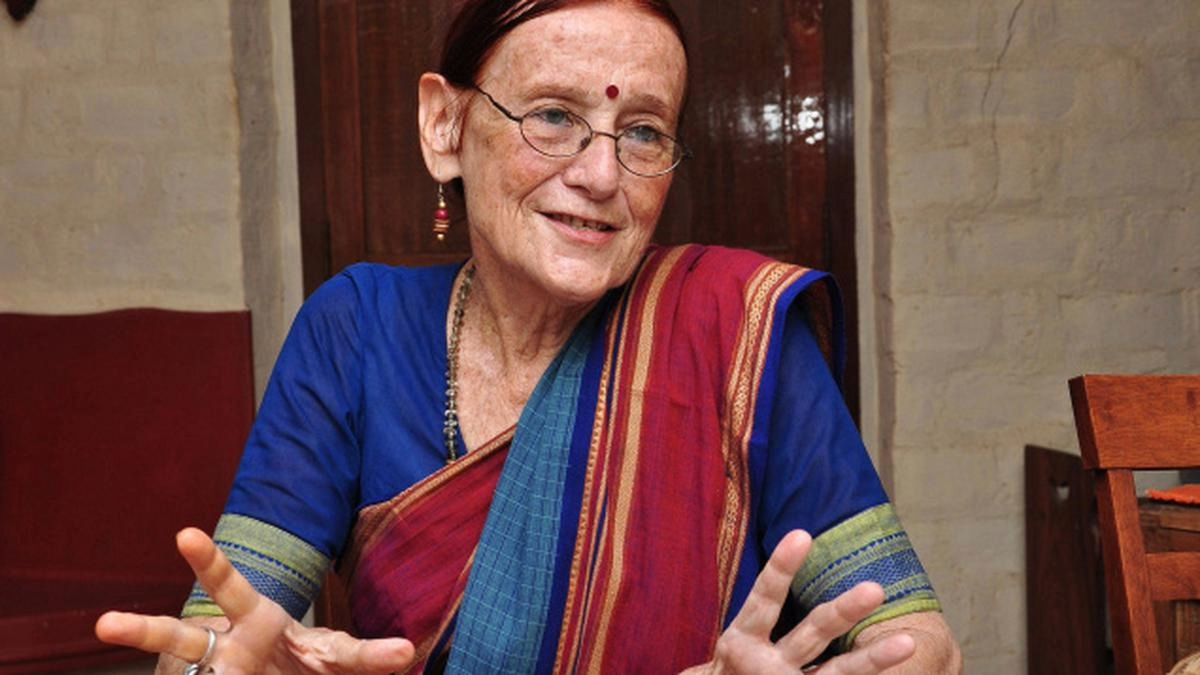
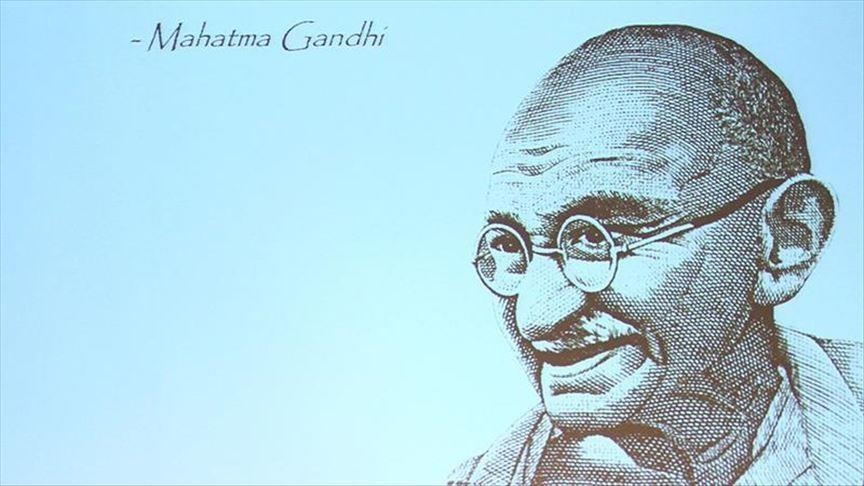
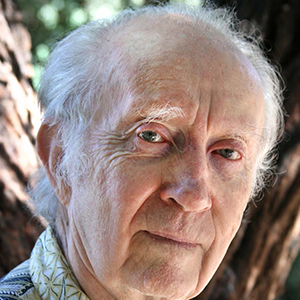

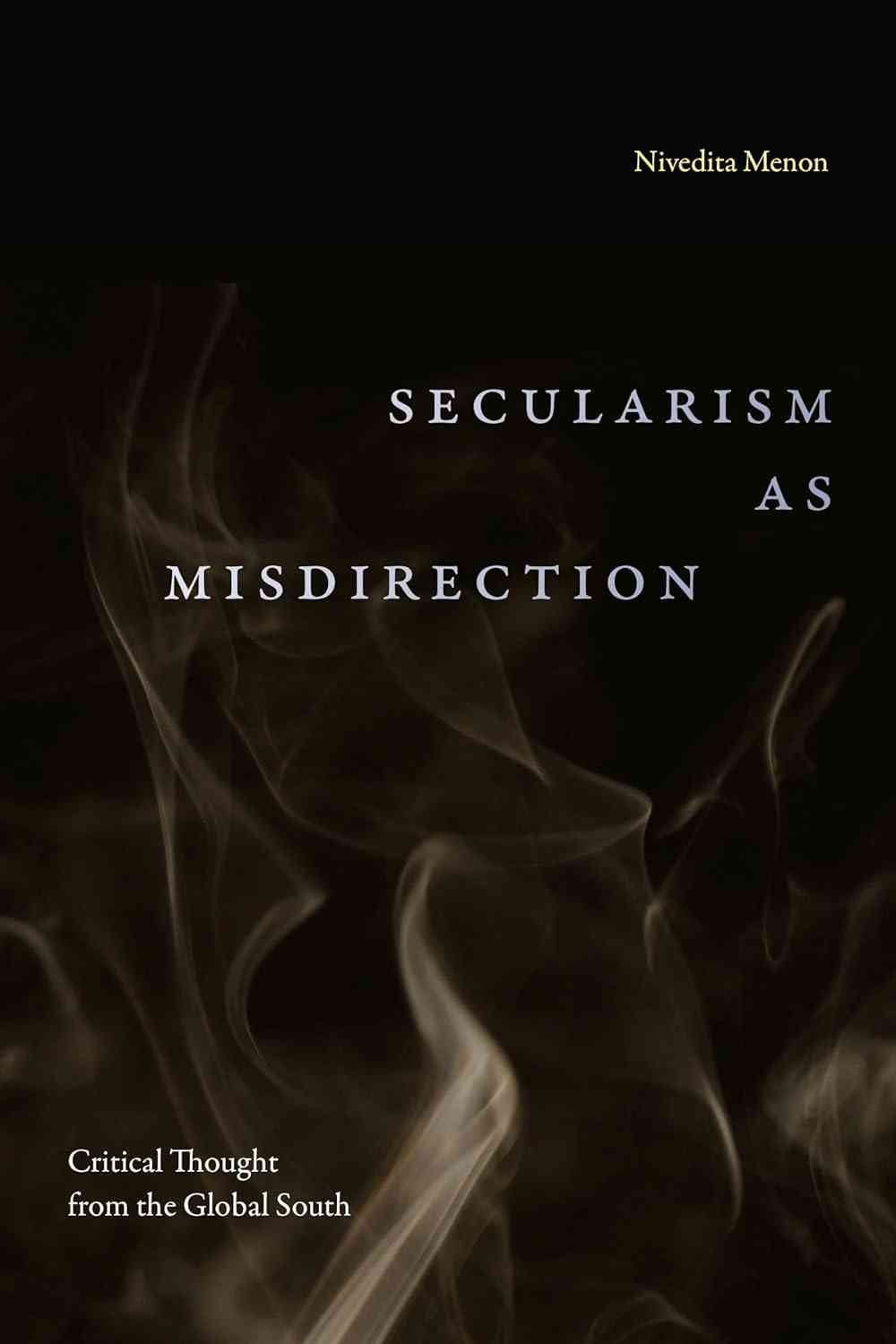

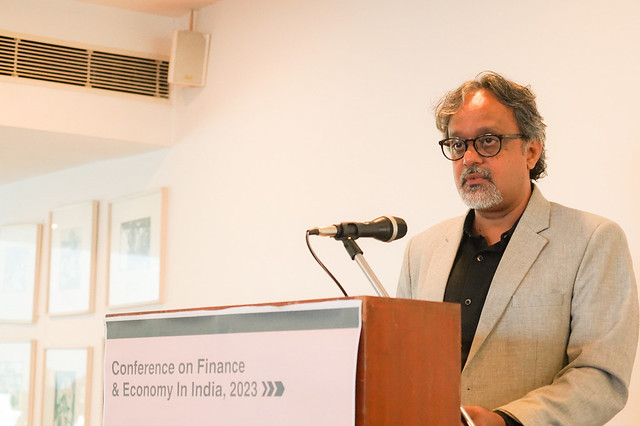

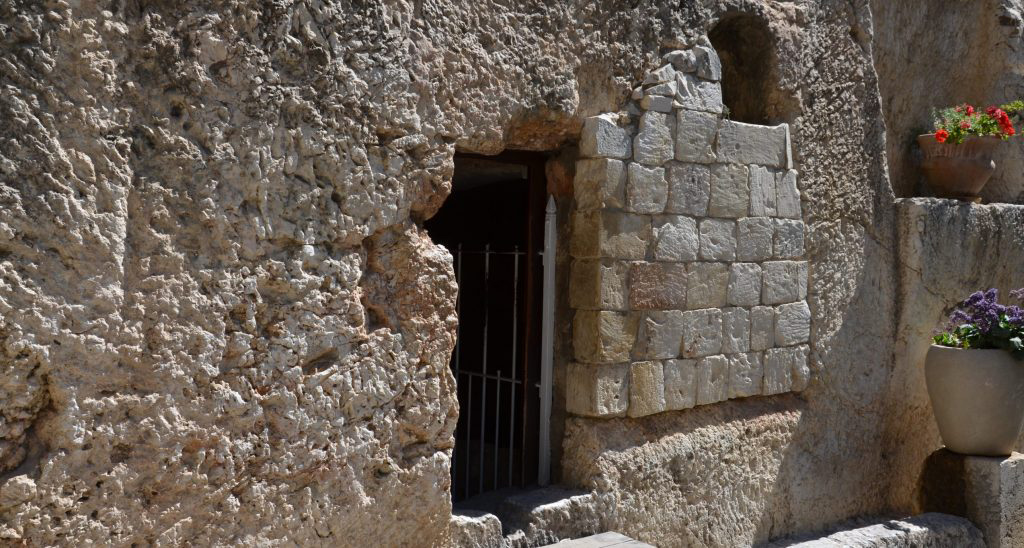
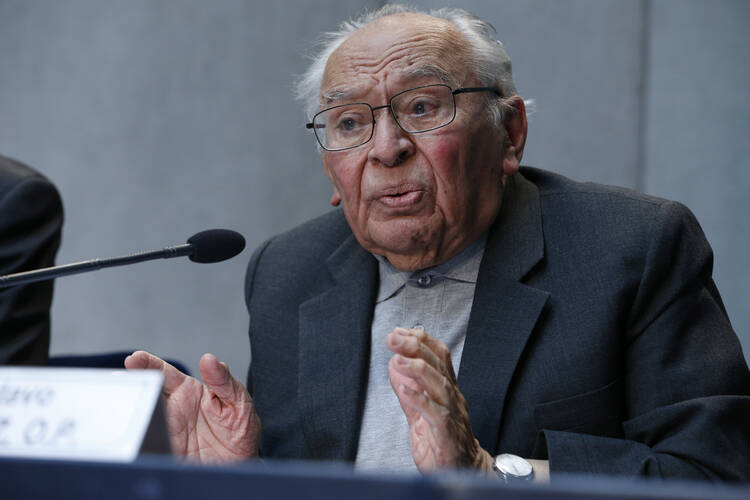

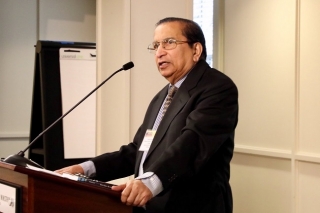
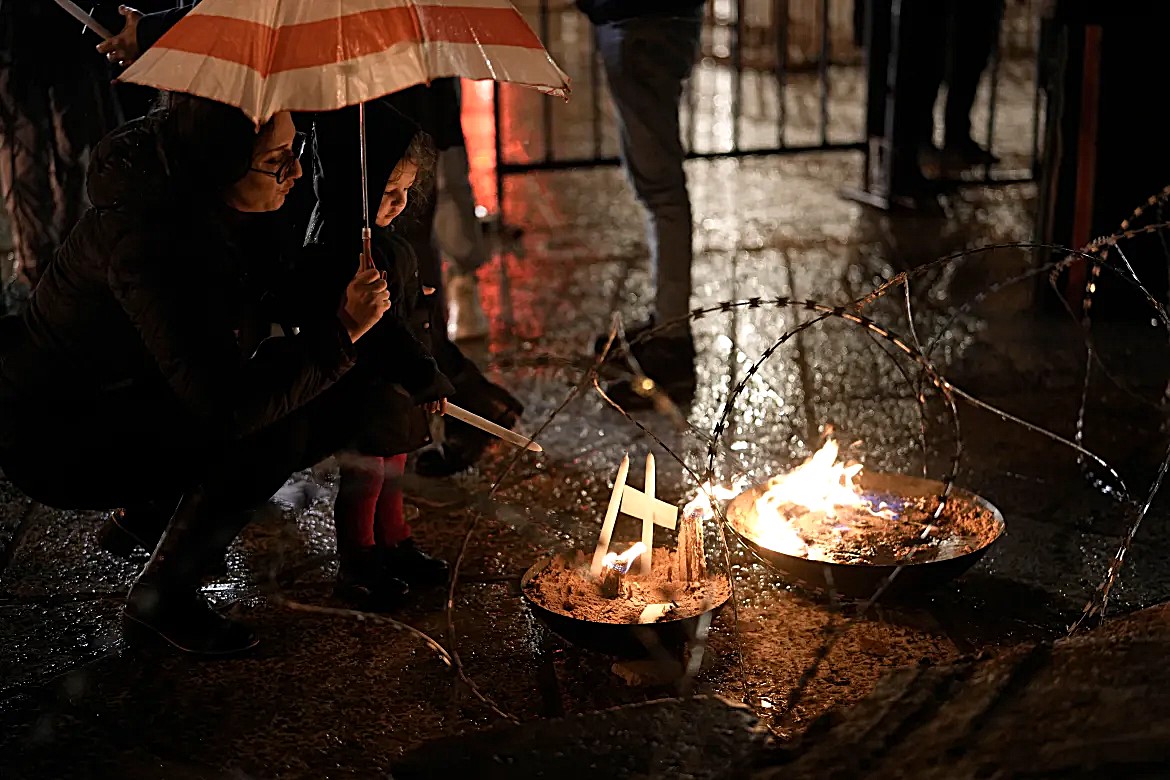

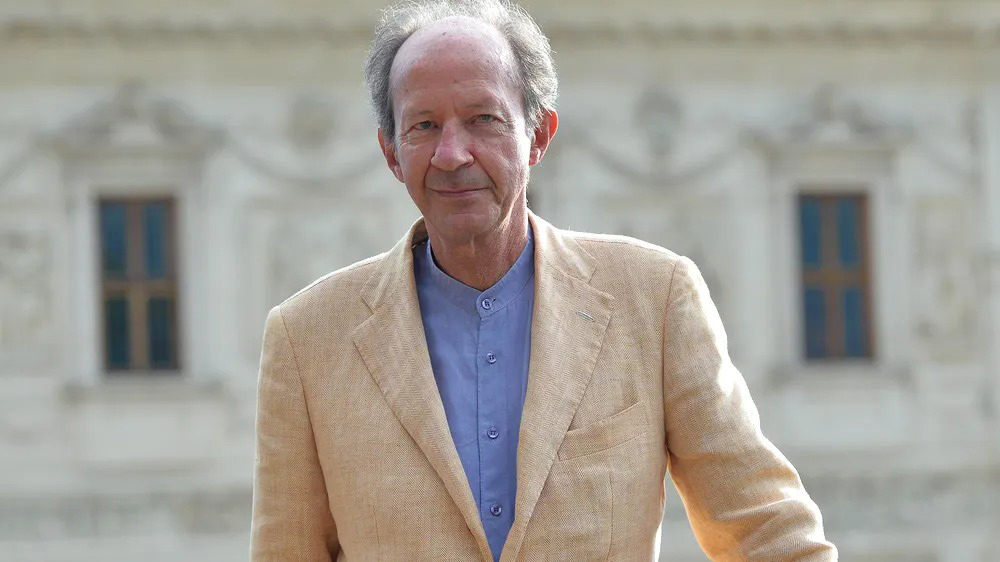
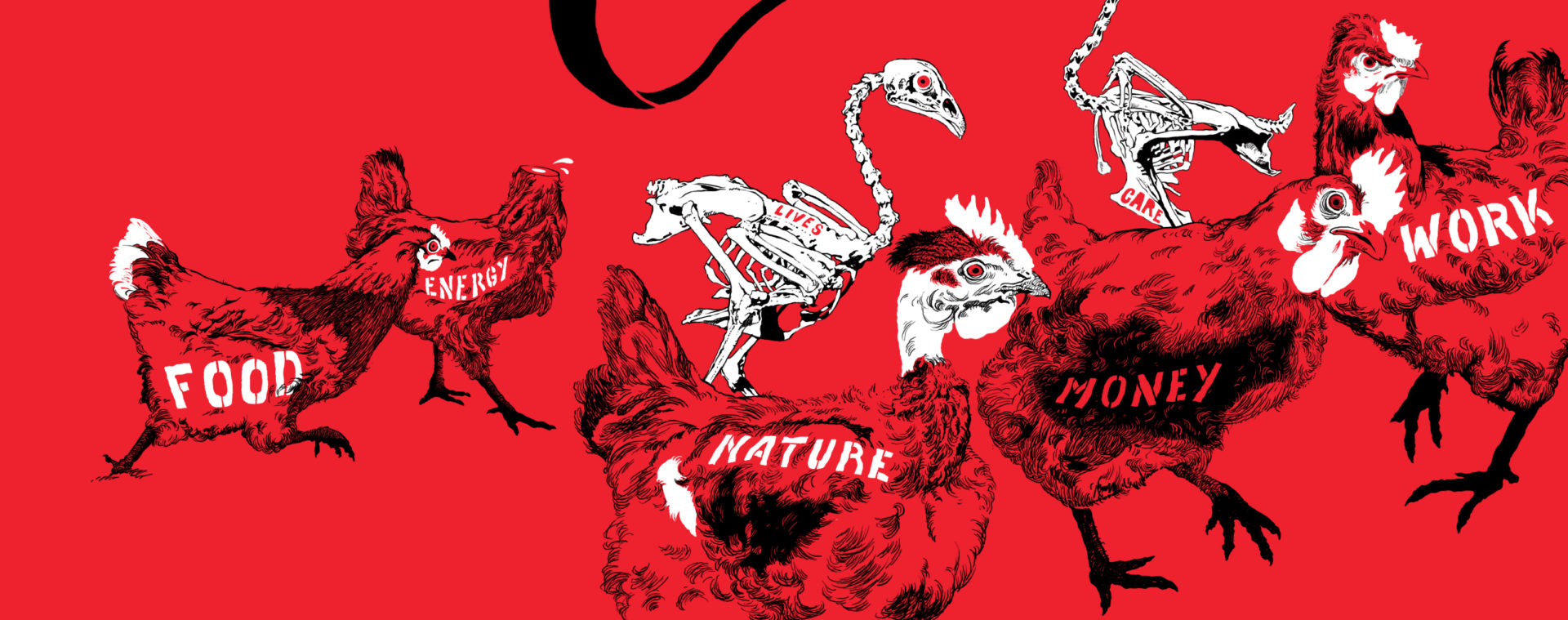
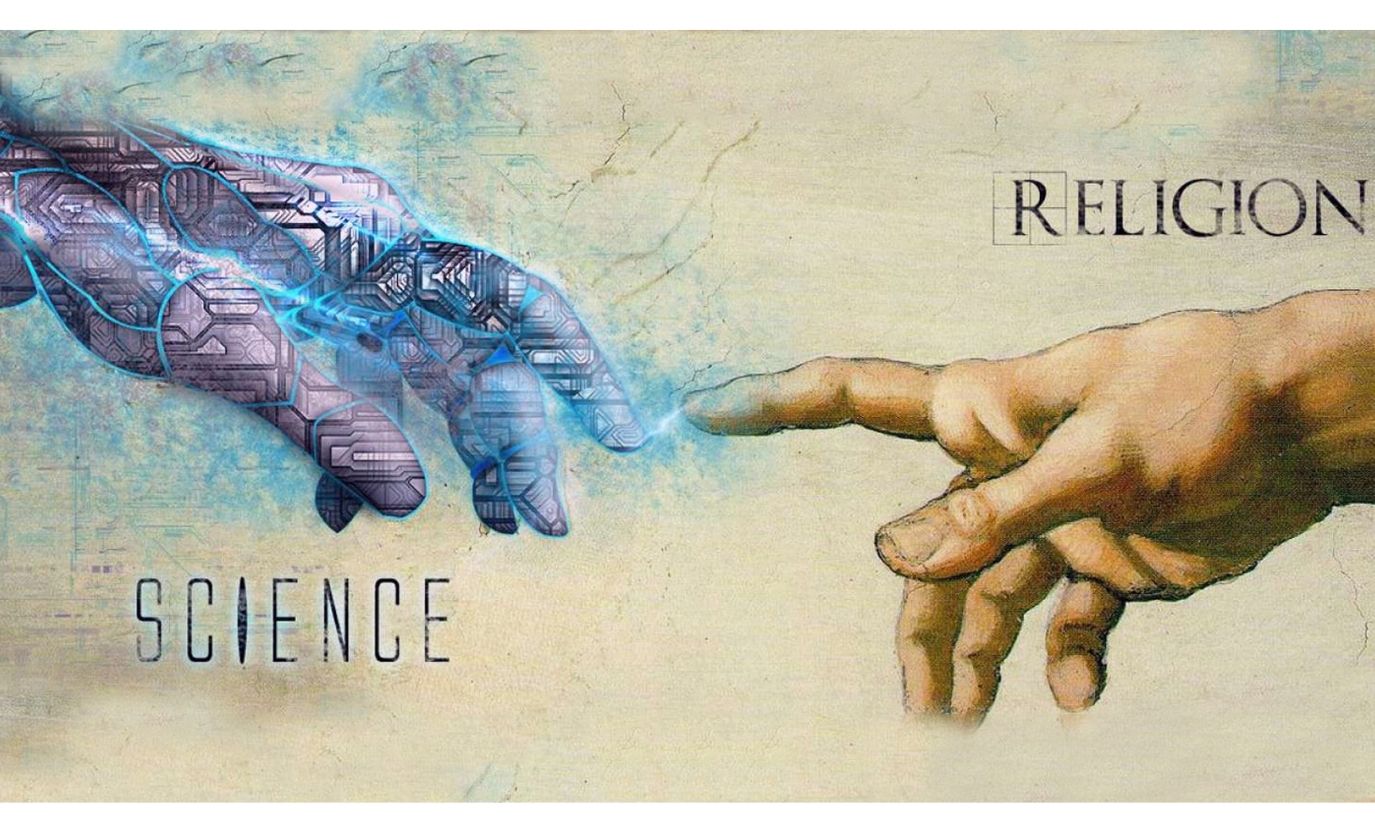
Comments
No Comments